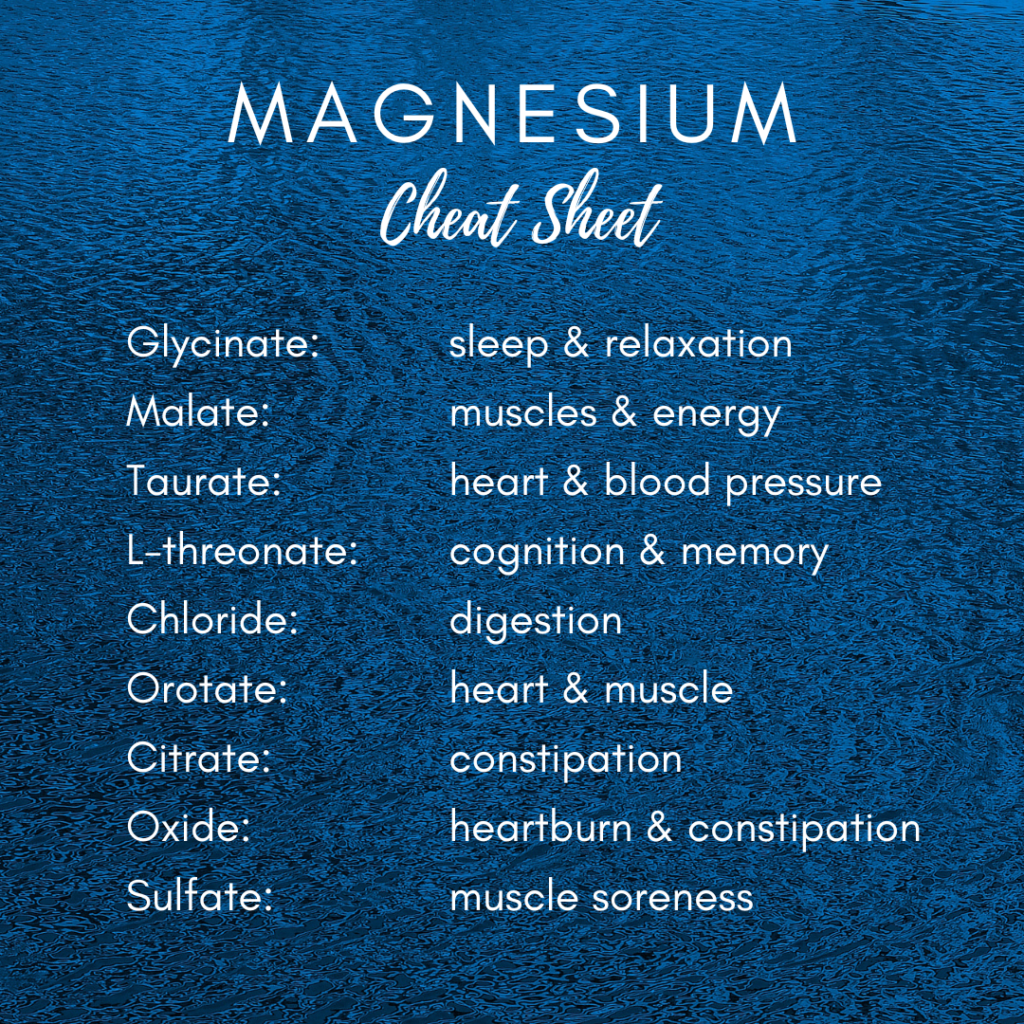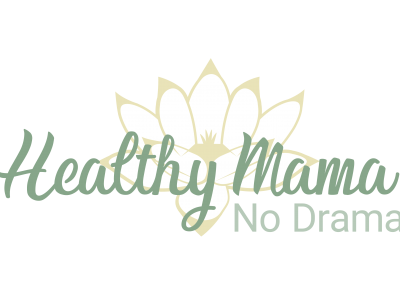A few months ago I began to connect some dots in my health journey. I had been experiencing several different “symptoms” that I couldn’t find the root cause of, and that’s when it clicked. I realized that I had been operating in various levels of survival mode. What I realized was that when I often thought I was doing well, just plugging along doing the things that needed to be done, it was having a deeper impact on my health than I thought.
I often felt okay, but what I what I realized was the prolonged seasons of uncertainty and stress our family had been experiencing were causing my nervous system to take a hit.
A well-regulated nervous system is essential for overall wellness, yet many people struggle with nervous system dysregulation due to chronic stress, trauma, or lifestyle habits. Symptoms of a dysregulated nervous system can include anxiety, low energy, brain fog, mood swings, digestive issues, respiratory issues, sleep disturbances, and more. Fortunately, there are effective ways to restore balance and support your body’s natural ability to heal. Here are some of the best methods to heal a dysregulated nervous system.
how to regulate your nervous system
By no means is the following list exhaustive. But, these are some of my favorite tips and tools that are simple to implement so as to add value and not extra stress to your life. Like with all other changes and new habits, pick one or two to start with and go from there. Change is more sustainable over the long-term when done in small steps, taken consistently.
breathwork
Deep, intentional breathing can help shift your nervous system from a stressed state (sympathetic dominance) to a relaxed state (parasympathetic activation). Techniques like diaphragmatic breathing, box breathing, and alternate nostril breathing are simple yet powerful tools to calm the body and mind.
To start, simply find a comfortable chair and take take a deep breath, inhaling through your nose. Focus on expanding your abdomen and chest. Hold for a few seconds and then exhale completely through the mouth. Focus on the flow of air coming into your body and then leaving. I love pairing the practice of breathwork with essential oils for added benefits!
consistent sleep routine
Quality sleep is essential for overall health and wellbeing. During sleep, the body is hard at work rebuilding, repairing, and detoxing. If your nervous system is dysregulated, you might have issues falling asleep or waking up in the middle of the night. So, working to get better quality, deep sleep is important! If this is an area you know you want to focus, check out the tips outlined here.
mindful movement
It’s no secret that exercise and movement are good for the body. That includes the nervous system. The release of endorphins when you exercise helps manage stress. Find an activity you enjoy and begin to prioritize it into your schedule.
Practices such as yoga, tai chi, and qigong combine breath, movement, and mindfulness, which is incredibly supportive of a regulated nervous system. Taking a walk in nature can also be incredibly beneficial. The chemical compounds released from forest plants and trees can help lower cortisol levels (the stress hormone). More on this under “forest bathing.”
nutrition & proper supplementation
Nutrition is an essential building block for the development and functioning of the nervous system. Magnesium, omega-3 fatty acids, B vitamins, and antioxidants help reduce inflammation and support nerve function. Avoid excessive caffeine, sugar, and processed foods that may contribute to overstimulation. Begin with a diet prioritizing a variety of whole foods, and then supplement as needed. Here are some specific nutrients that you may benefit from supplementing along with what my family uses:
- magnesium – promotes relaxation and proper transmission of signals between nerves. There are many types of magnesium; aim to get a variety. Check out the cheat sheet for an overview of the primary benefits of each type. I like this to boost my magnesium intake.
- omega-3s – help to protect nerve cells from damage. Additionally, they contain DHA and EPA, which are essential for developing the nervous system. This is my favorite omega supplement.

- GABA – helps with relaxation, lowering fear and anxiety, cognitive function, and can even improve sleep. This is what our family uses when stress or anxiety are high. It includes GABA.
- L-theanine – can help lower stress by increasing serotonin, dopamine, and GABA. We take these for help with relaxation and significantly improving sleep quality.
- Electrolytes – nerves are not able to function properly without a proper balance of electrolytes (sodium, potassium, magnesium, and calcium). Read about the best sources of electrolytes here.
essential oils
Pure essential oils can be a powerful way to support the body, and they can have a calming effect on the nervous system. Read more about how essential oils work and what brand I recommend here. There are many fantastic options, but some of my favorites for a dysregulated nervous system are:
blends:
- adaptiv
- balance
- serenity
- shinrin yoku
single oils:
- lavender
- frankincense
- roman chamomile
- wild orange
- vetiver
adaptogenic herbs
Adaptogens help the body adapt to mental and physical stressors. Ashwagandha, rhodiola, ginseng, and holy basil are great options.
epsom salt
Epsom salt baths are a great way to relax while also helping your body detox and get a boost of magnesium. Add 2 cups to warm water and soak for 20-30 minutes. Add essential oils to the salts before dissolving in water for added benefits. Choose from the list above!
reduce digital overload
Excessive screen time, social media, and exposure to blue light can overstimulate the nervous system. Set boundaries around technology use, take regular breaks, and spend more time engaging in offline activities. When you are in front of a screen, use blue light blocking glasses to minimize the impact.
forest bathing
A practice that originated in Japan, it’s the mindful practice of absorbing the calming atmosphere of natural places like the forest. Simply spending time in forests has been shown to reduce stress hormones, improve mood, and regulate the nervous system. When you’re stuck inside, diffuse this blend to get the same benefits as if you were spending time in nature.
grounding
This involves walking barefoot on natural surfaces like grass, sand, or soil. When your bare feet touch the earth, they receive electrons that support relaxation and help to ground your nervous system. Grounding can help with inflammation, better sleep, cortisol regulation, nervous system balance, and stress reduction.
sunlight
Sunlight helps your body produce more Vitamin D and serotonin, but of which help improve mood. The best sunlight is in the morning, before the sun’s UV exposure is the greatest.
vagus nerve exercises
The vagus nerve is connected to your vocal cords and the muscles in the back of your throat. Stimulating the vagus nerve through activities like humming, gargling, singing, and laughing can enhance parasympathetic activation and promote relaxation.
balance blood sugar levels
Fluctuating blood sugar levels can contribute to nervous system dysregulation. Eating balanced meals with protein, healthy fats, and fiber can help maintain stable blood sugar and support nervous system stability. Additional ways to help keep your blood sugar levels stable include taking a walk after meals, eating a savory breakfast, and limiting snacking between meals. If you need extra support in this area, I highly recommend this line of supplements. Backed by science and powered by plants, I’ve seen it do incredible things for people! You don’t necessarily need the entire line. Reach out for recommendations.
meaningful connections
Human connection is vital for overall wellness, including nervous system regulation. Spending time with loved ones, engaging in real conversations, and participating in supportive communities stimulate the release of oxytocin, which promotes a sense of safety and relaxation. Plus, life is just more fun with community!
Related posts:
- Why Essential Oils Are…Essential If you’ve done even a small amount of researching online about natural health, chances are that you’ve come across essential oils. Their popularity is ever-growing both in the natural world...
- Preventative Health & Wellness It's great to have so many options at our fingertips today to address various health and wellness concerns. But, I think we can agree that being preventative with our health...
- Anti-Inflammatory Diet One of the best ways to fight inflammation in your body does not come from a drug store. Instead, it comes from the grocery store. By simply choosing to incorporate...
- Gut Health: The Shocking Truth A healthy gut is foundational to a healthy you. The human gut does more than just digest food and absorb nutrients. There's a reason it's called the second brain. Your...


